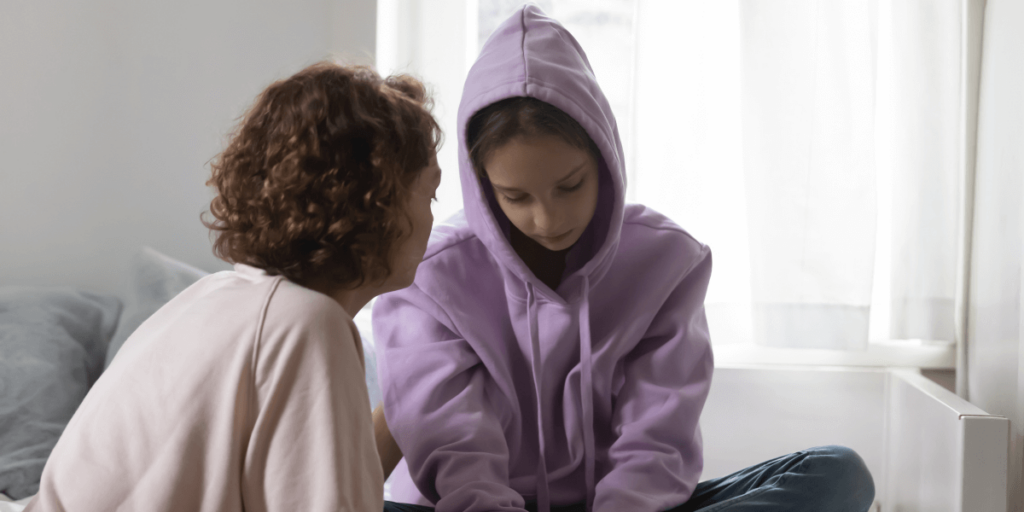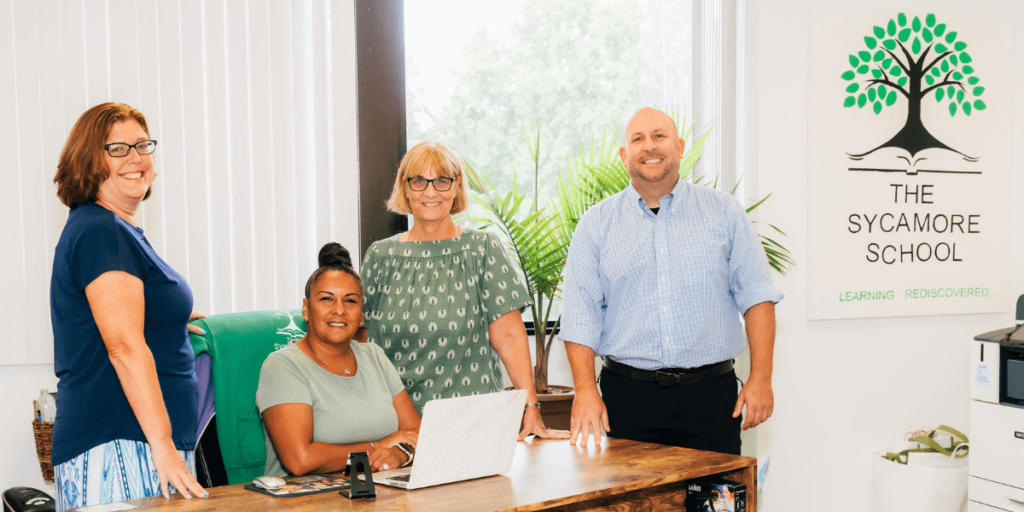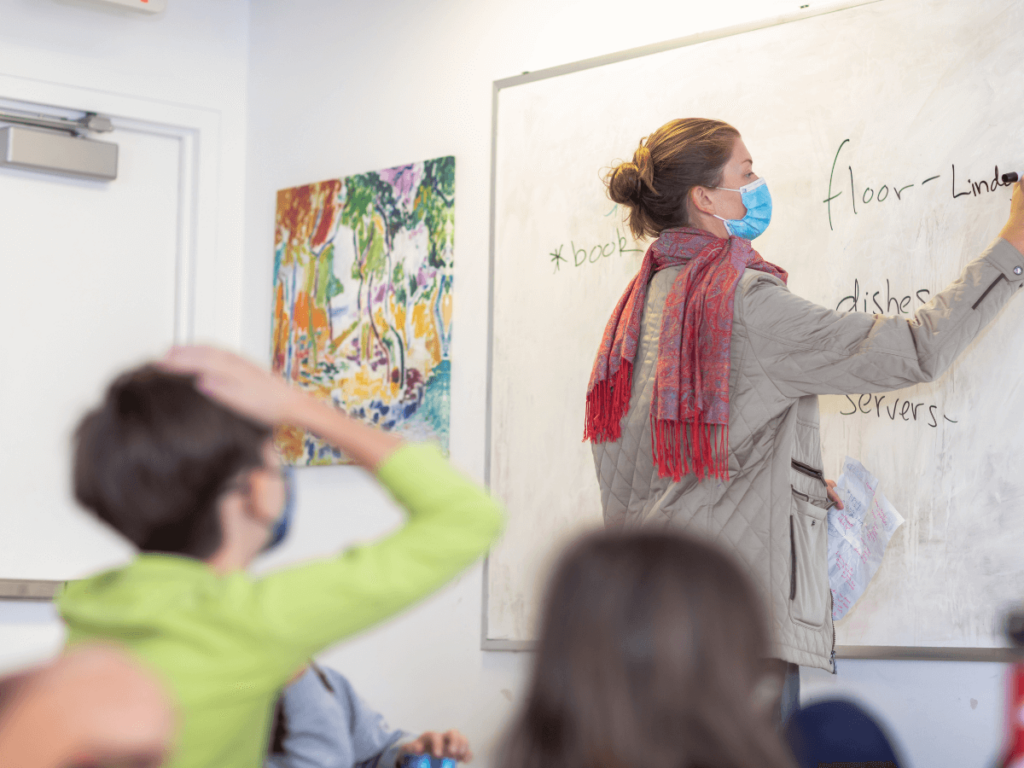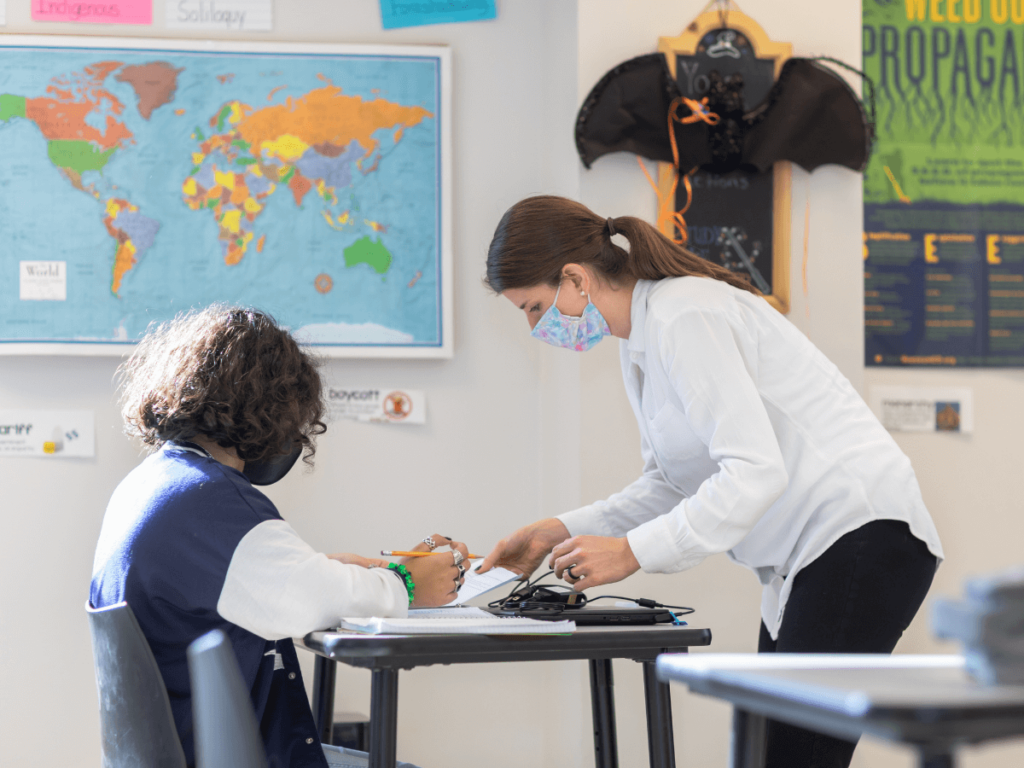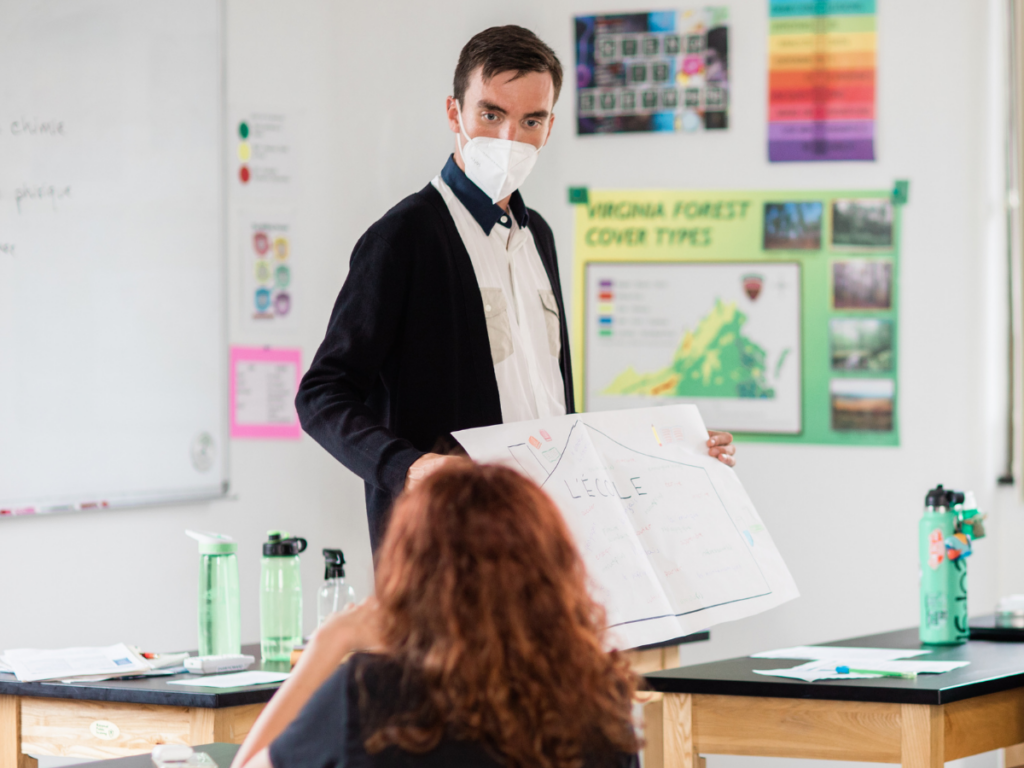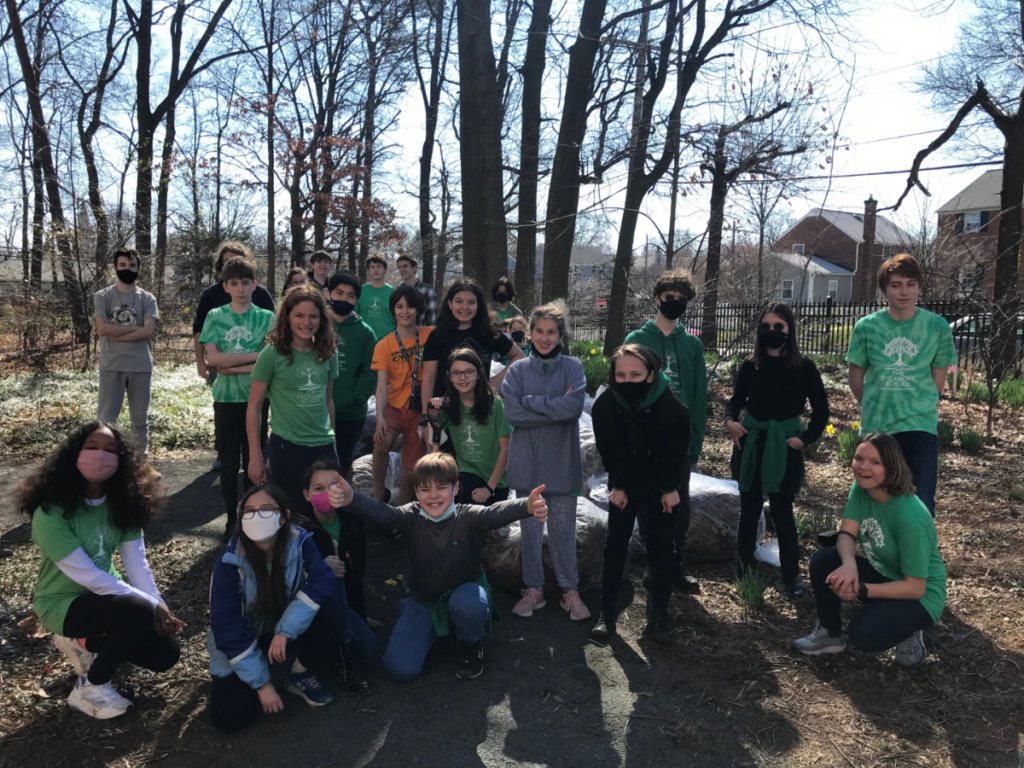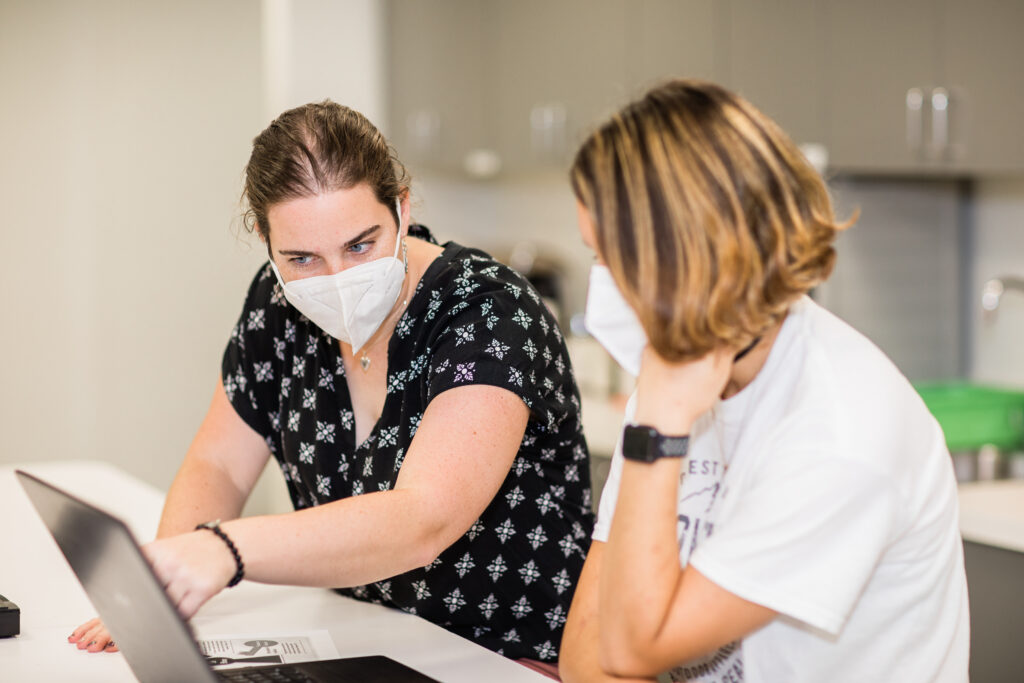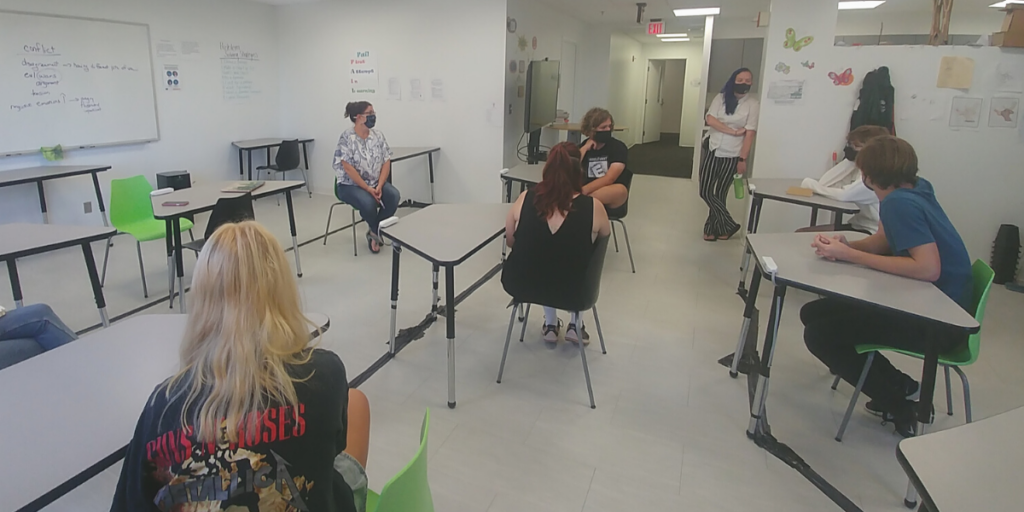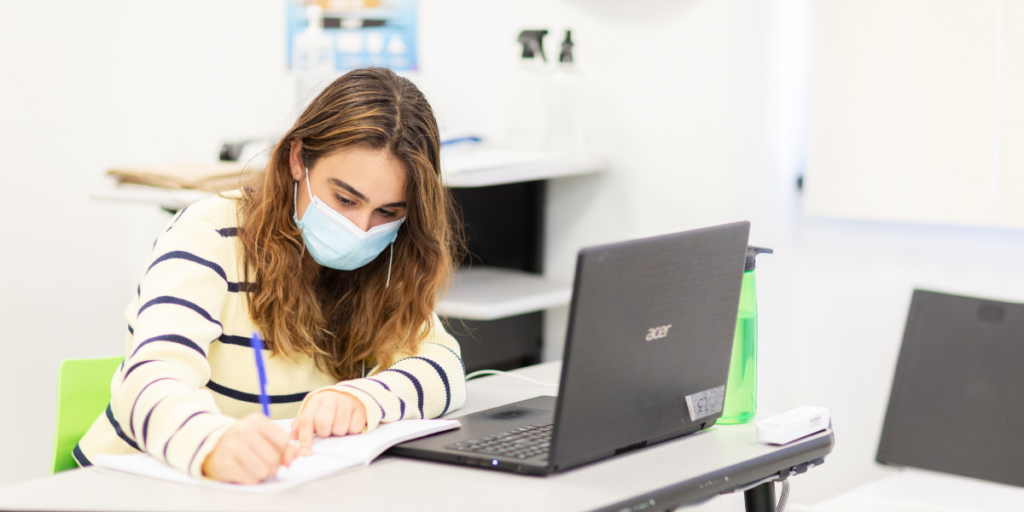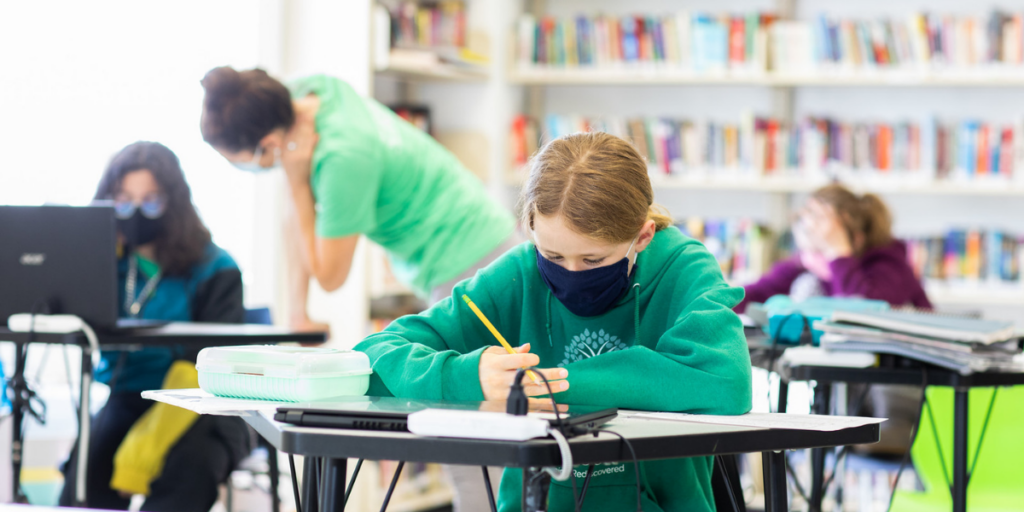Posts Tagged ‘high school’
A Parent Guide for Helping Your Child Beat the Winter Blues
The short days and less favorable weather of winter often have an adverse impact on our general mood. It is not uncommon for individuals — including children — to find it difficult to stay active and optimistic during the winter months. What is “Winter Blues” vs. Seasonal Affective Disorder (“SAD”) The “winter blues” describe the sadness and fatigue that many people experience during the winter. It may cause symptoms such as sluggishness, low interest in activities, changes in appetite, and difficulty concentrating. Is your child has more serious symptoms, such as feelings of hopelessness or thoughts of suicide. This could be SAD, or Seasonal Affective Disorder, a condition that affects around 4% to 6% of people. This can cause depression in both men and women, especially during the winter months. It’s important to note the difference between SAD and the winter blues; SAD is a rare diagnosed condition, and more…
Read MoreThe Sycamore School is Moving to Rosslyn
The Sycamore School is moving to Rosslyn! After six years in Ballston, TSS has decided that we are ready to take the next step in our journey and move into a space that accommodates our growth over the years. From how far we’ve come, to how far we hope to go, we know this move will be beneficial to our students, staff, and community. Where We’ve Been: Ballston When TSS was founded, it was designed as an urban model school. Being based in Arlington may seem like a limitation, since there are not acres of land available to house a large campus. However, we take this as an opportunity to explore the countless museums, nature centers, and historical sites that are only a metro ride away. We utilize community resources to augment our on-site resources. For our version of PE, which we call Movement & Mindfulness, we regularly visit local…
Read MoreExploring Executive Functioning Skills & Parent Tips
Executive functioning skills are all the skills needed to engage in goal-directed behavior, such as planning a vacation or organizing a birthday party. We use them every day, throughout the day. Many people think of it as organizational skills, but it’s much more. Executive functioning skills also help us with emotional regulation. The Three Categories of Executive Functioning Skills: Executive Functioning is Situational If we think about a student being given an assignment or an activity to do at school, we can describe several different executive functioning skills needed to complete this task successfully. The student first needs to select an approach and figure out how to start the activity. Once they have started, how do they sustain focus and motivation? If they have questions or get stuck, can they ask for help? Then, how do they know when they’re done and have satisfied the requirements? Another area that requires…
Read MoreParent Blog: How Being Able to Trust The Sycamore School Is The Best Thing
This blog is a part of a series where parents of The Sycamore School’s students share their experiences on what it’s like to be a part of the TSS community and the impact TSS has made on their children. Through these blogs, we hope you’ll gain inside knowledge and understanding of what to expect when you enroll your student in our small, independent school using the mastery-based learning approach. See the previous blog: How The Sycamore School Changed My Life (and My Daughter’s) At The Sycamore School, I trust each and every staff member who interacts with my child: faculty, administrative staff, and counselors. As a parent of two TSS students, with a combined six years at TSS, I have consistently been able to trust The Sycamore School to teach my children the skills they need to master the content and thrive in and out of the classroom. Due to…
Read MoreParent Blog: How TSS Changed My Life (and My Daughter’s)
This blog is a part of a series where parents of The Sycamore School’s students share their experiences on what it’s like to be a part of the TSS community and the impact TSS has made on their children. Through these blogs, we hope you’ll gain inside knowledge and understanding of what to expect when you enroll your student in our small, independent school using the mastery-based learning approach. See the previous blog: How The Sycamore School Helped to Transform My Daughter It may sound overly dramatic to say that finding The Sycamore School changed my life, but I’m sure some parents will understand. Whether their kid is bored by the pace at a public school, feels overwhelmed by tests and homework, or is anxious about going to school each day — it all comes down to the fact that their child is not thriving in their current environment. For…
Read MoreThe Educational Value of Field Trips
Part of our personalized experiential learning approach at The Sycamore School (TSS) is connecting learning to our larger world, and one of the ways we do this is by regularly taking students on field trips. We call Fridays our community-based learning day — students go on field trips related to what they’re studying, participate in community service outings, and welcome guest speakers. They also engage in extension activities such as science labs and career days. This year, our youngest middle school cohorts studied ecosystems and natural disasters. As part of this experience class, students went to Lacey Woods to investigate and learn how to identify local flora and fauna. They also visited a virtual aquarium to explore underwater ecosystems and food webs. This experience helped them make real-life connections to the concepts they discussed in class. Our youngest cohorts also participated in a soil investigation lab. They collected soil samples…
Read MoreParent Blog: How The Sycamore School Helped to Transform My Daughter
This blog is a part of a series where parents of The Sycamore School’s students share their experiences on what it’s like to be a part of the TSS community and the impact TSS has made on their children. Through these blogs, we hope you’ll gain inside knowledge and understanding of what to expect when you enroll your student in our small, independent school using the mastery-based learning approach. See the previous blog: How The Sycamore School is Helping us Navigate the Middle School Years I’m the proud mother of a 14-year-old first year in the High School cohort of The Sycamore School (TSS). My daughter loves school, takes accountability for her work and actions, is a firm and responsible babysitter for her younger sister, a talented artist, skipped a grade, and even took up Japanese in her spare time that the early days of the pandemic presented. But before…
Read MoreA Love Letter to Teachers
Teachers and healthcare workers are the unsung heroes of this pandemic. We keep dumping more and more on them and then expect them to keep going, undaunted. Perhaps it’s time to flip the script. How can we recognize our teachers as experts in their fields and give them the support and resources they need to be successful? Our teachers recognize that many of their students are stressed and not always available for learning. They know that learning has been lost. They are doing the best that they can. I’ve witnessed firsthand the flexibility and compassion they give their students. Parents are stressed. Many have children who aren’t doing well. Many teachers are parents too. How do we support one another versus pointing fingers? It’s time for some systemic change. Why don’t we take a step back and ask teachers what they need? Why don’t we set them up for success…
Read MoreHigh School Psych Experience
At The Sycamore School, each cohort has a different experience class. This transdisciplinary class weaves together language arts, science, history, and math under a common theme. This year, our high school cohort’s experience theme is Psychology. They will read fiction and nonfiction books, participate in book talks, conduct psychology experiments, and learn about historical events, all that weave in psychology. Unit themes include lifespan development, learning, memory, cognition, motivation, social interactions, ethics of experimentations, psychological disorders and treatment, as well as research methods, measurement, and statistics. Since I’m a clinical psychologist, I launched the psych experience class and facilitated their first unit, which focused on personal learning and intelligence. We discussed different theories of intelligence, had the students take the Myers-Briggs personality assessment, and discussed different learning preferences. Students developed their own learning profiles, which included their strengths, personality traits, and some learning strategies. Going forward, students will study research…
Read MoreReturn to In-Person Learning: How You Can Help Your Child
This fall, parents around the country took a deep breath and cautiously, worriedly, and maybe even gleefully sent their children back to school for a return to in-person learning. As our students return to school, parents may still be filled with anxiety asking themselves questions, such as: Will my child be safe at school? Will my child like being back at school? Do they remember how to be a student? Will they remember how to interact with others? Will their anxiety lesson once they get used to in-person learning again? Will my anxiety ever decrease? So, what can we do? How can we support our children and reassure ourselves? Tips to Help Manage the Return to In-Person Learning Most of us are trying to navigate our own anxiety as we try to smile bravely and encourage our children to return to school and trust that it will all go well. …
Read MoreWhy Your Student Needs a Progressive No Grades High School
What if a high school has no grades? No Advanced Placement (AP) classes. No International Baccalaureate (IB) program. To most parents in Northern Virginia, this is profoundly unsettling information. They ask, “How will my child get into college?”. The current model is not working for many students, but parents are afraid of the unknown. What they don’t know is that a progressive high school like The Sycamore School (TSS) may be precisely what they need to get into college. The college admissions process has changed dramatically since most parents were in high school. More students than ever are applying to college and acceptance rates have dropped considerably. In 1970, 152,000 students were enrolled in college, by 2000, that number had increased to 382,000 students who were enrolled in college in Virginia. [EducationData.org; July 2021] This is a particular challenge in Northern Virginia, where nine out of the top ten top…
Read MoreTSS Earns Cognia Accreditation
“Is your school accredited?” Since opening The Sycamore School, that has been one of the most common questions. Answering that seemingly simple question was not easy and required some explanation. Schools can only apply for accreditation after they have been open for at least three years; some accreditation organizations require five years. As soon as we could, we started the accreditation process. We had a successful pre-accreditation visit in August of 2019 and had our accreditation visit scheduled for spring of 2020 when COVID hit. Our visit was re-scheduled for the fall of 2020 and then pushed back to April of 2021. It has been a long two years of hurry up and wait, but I can now proudly say, “Yes, The Sycamore School is fully accredited!” What does Accreditation Mean? Accreditation agencies ensure that educational institutions are providing quality education to students and a positive experience for their families.…
Read More
